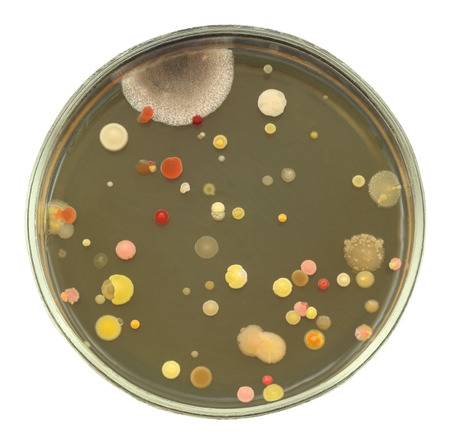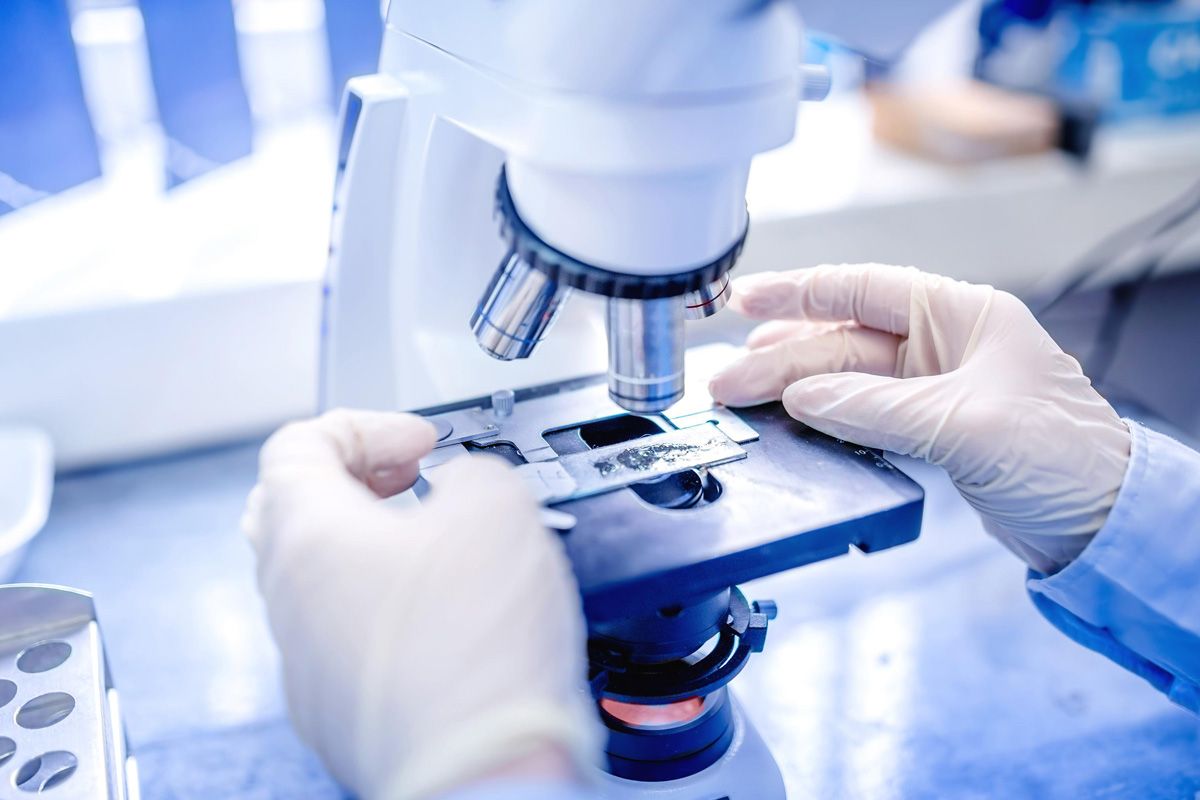
Medical Microbiology
Medical microbiology is a branch of microbiology that specifically focuses on the study of microorganisms that are of medical importance and their interactions with human health. This field is essential for understanding infectious diseases, the immune response, epidemiology, and the development of strategies to prevent, diagnose, and treat microbial infections.

Test Benefits of Medical Microbiology
The field of medical microbiology offers numerous benefits to both individuals and society as a whole. Overall, medical microbiology’s benefits extend from individual patients to the broader community, influencing healthcare practices, research, and public health policies. Its contributions are essential for maintaining a healthier society.
Key Aspects of Medical Microbiology include
Lorem ipsum dolor sit amet consectetur adipiscing elit sed do eiusmod tempor incididunt ut labore et dolore magna aliqua. But I must explain to you how all this mistaken idea of denouncing pleasure and praising pain was born and I will give you a complete account.
